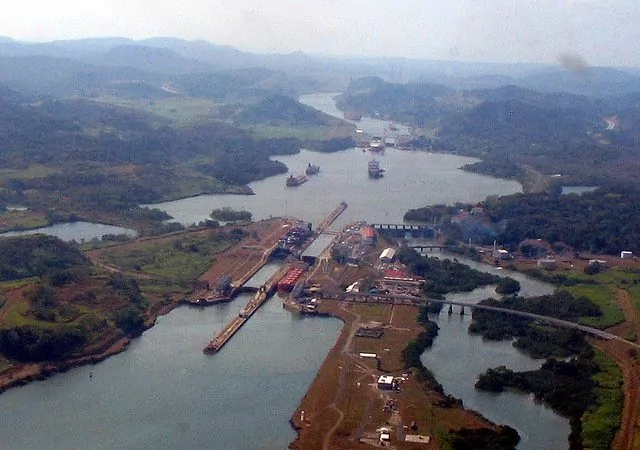
Panama’s Executive Order 343 of May 16, 2012, Provides New Residency Option
Panama Creates New Opportunity For Residency, Not Necessarily Employment
Right now, this new executive order is clear in only one thing–who qualifies for the new residency permit. Citizens of countries that maintain “friendly, professional, economic, and investment relations” with Panama are eligible. As specifically defined in the order, the countries that qualify right now are: Argentina, Australia, Austria, Belgium, Brazil, Canada, Chile, Czech Republic, Finland, France, Germany, Ireland, Japan, the Netherlands, Norway, Singapore, Slovakia, Spain, Sweden, Switzerland, the United States, and Uruguay.
If you’re a citizen of one of those countries, you now have another option for obtaining residency in Panama. Unfortunately, beyond that starting point, things become vaguer, for, while the agenda behind the new order seems clear enough, all the related questions haven’t been thought through yet.
One of the biggest challenges in Panama right now is a shortage of qualified workers for many industries. The country is growing fast, with new and bigger businesses opening all the time. The need for more and more experienced labor is increasing quickly. The government recognizes the limitation, and the new order is an attempt to address the labor shortage.
The trouble is that the country’s labor laws have not changed. In other words, while the new executive order means you might be able to get residency more easily, you won’t necessarily and certainly not automatically be able to get a work permit at the same time. To be clear, because I’ve read conflicting information from different sources, the order doesn’t grant a work permit waiver.
Residency's Unanswered Questions
My attorney’s current interpretation of this two-page decree is that it leaves many questions unanswered. What she’s certain of, though, is that this is a new residency permit option, not a new avenue to a work permit.
One question has to do with how the application will be handled. Most residency permits are a two-step process in advance of permanent residency. As an applicant, you’re on temporary permits for some period before gaining permanent residency. An exception is the pensionado visa, which is immediately permanent, meaning that, once you’ve received final approval, no renewals are required. What will the process be for this new residency option? No one is sure.
Another question is to do with how the applicant will prove his or her intent to be involved in an economic or professional activity. If you don’t automatically receive a work permit, then, presumably, you’ll need to prove you’re starting a business. Current law requires minimum investment amounts of someone interested in obtaining residency for the purpose of starting a business.
Does This Law Remove Those Requirements?
It’s unclear.
What is certain, again, is that the decree doesn’t change existing labor law. And existing labor law requires that a company have nine Panamanian employees for every foreign employee. If you plan to go to work for a big company, this may not be an issue. Typically, though, this is a limitation and a serious limitation for small businesses.
Meanwhile, a slew of people are excited about an easier and quicker route to residency in Panama. And if it does turn out that this new order translates to the possibility of permanent residency with a single application simply because you will start or have started a business in Panama, then I’ll be among the first in line. I’ll change my current residency status to this new option. Other options, including the one I’m currently resident under, require multiple applications before permanent residency is granted. This is a pain in the neck and gets costly, because each renewal comes at a price.
Also note that it’s still unclear whether this new residency option will lead to the possibility of naturalization. If Panamanian citizenship and a Panama passport are your goal, you should seek clarification from your immigration attorney before pursuing this avenue. And, right now, he or she isn’t going to be able to give you a reliable answer, because, right now, no one seems sure about much of anything to do with all this.
Panama is trying hard to alleviate its growing pains. But it’s a process.
Lief Simon



